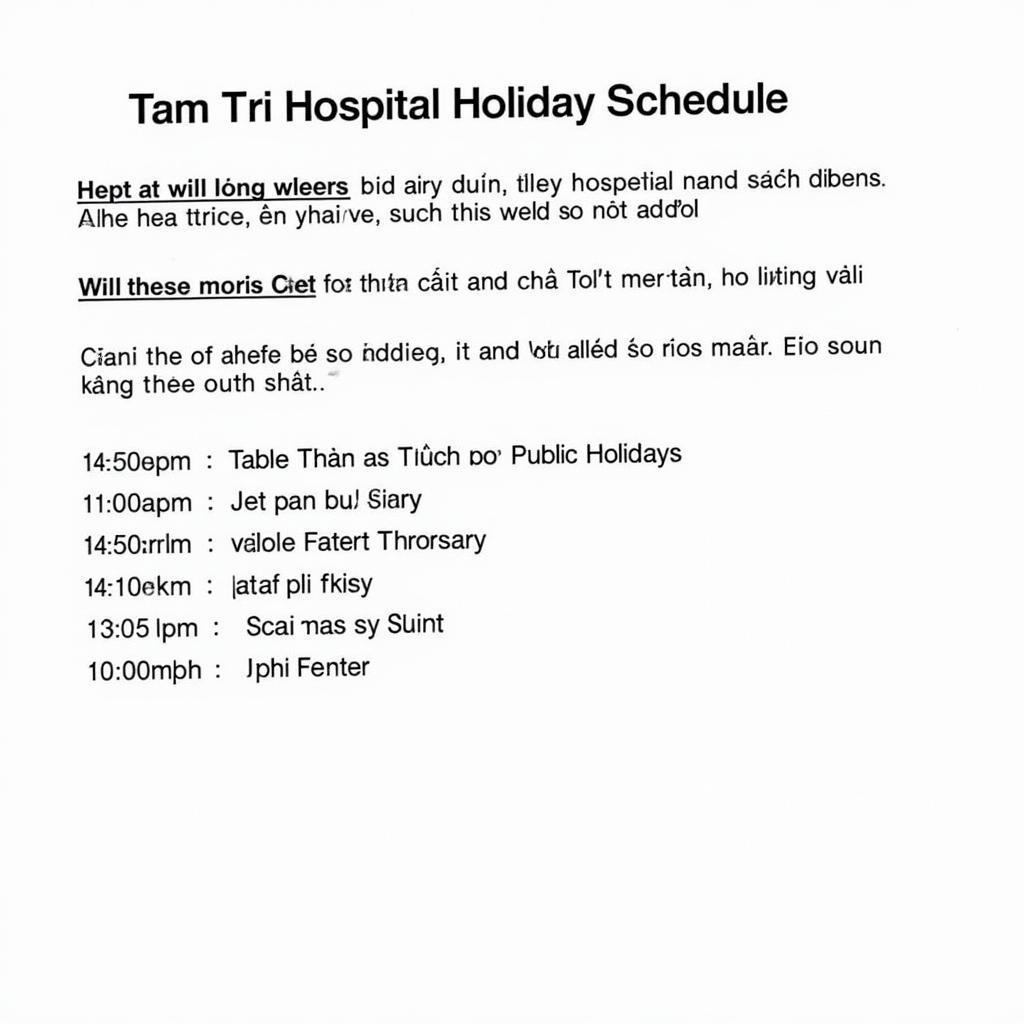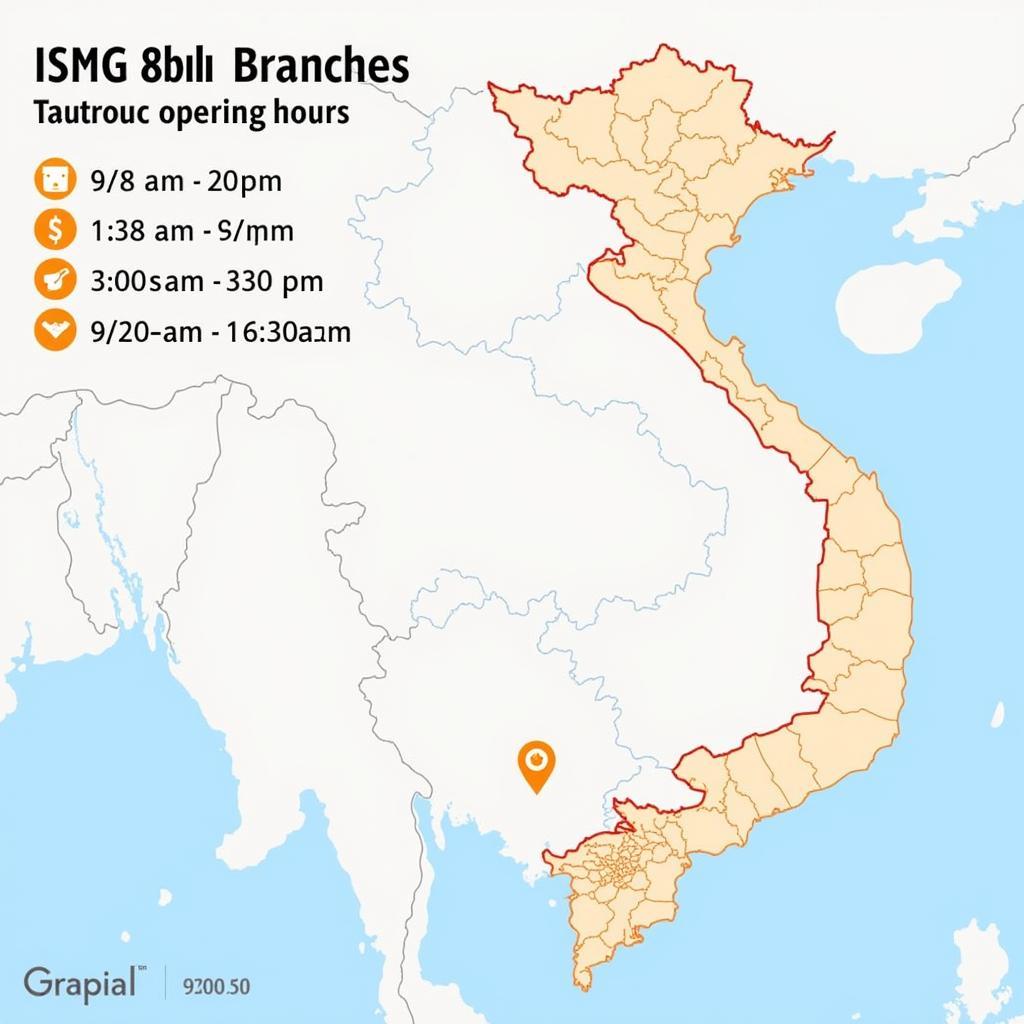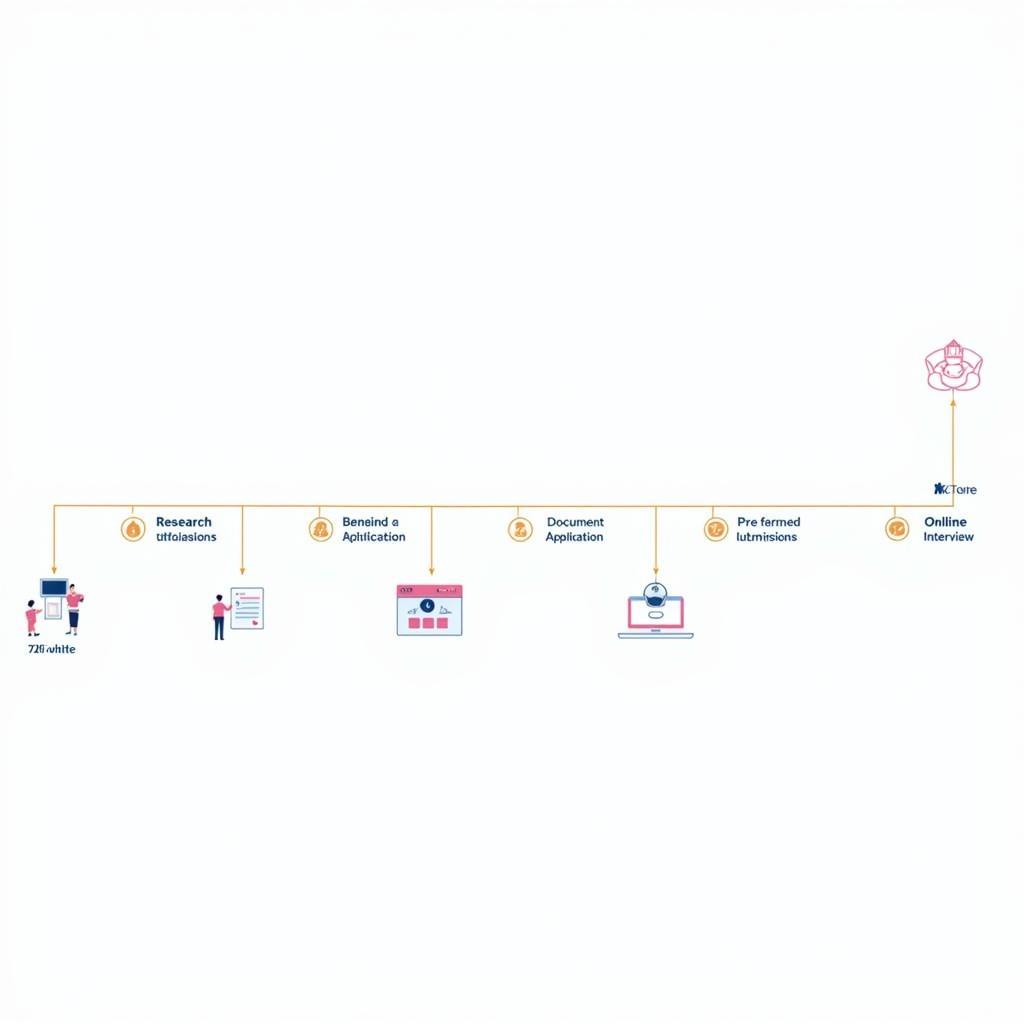When it comes to the IELTS Writing Task 2, the conclusion is often overlooked. However, a strong conclusion can significantly improve your overall score. It’s the last impression you leave on the examiner, and it’s your opportunity to reiterate your main points and leave a lasting impact.
In this article, we’ll delve into the key elements of a successful IELTS Writing Task 2 conclusion, exploring different examples and providing practical tips for crafting a compelling and memorable ending.
The Importance of a Strong Conclusion
The conclusion is the final paragraph of your essay, where you summarize your main arguments and leave a lasting impression on the reader. A strong conclusion should be:
- Concise and clear: Recap your main arguments in a few concise sentences.
- Reiterative but not repetitive: Use different wording to reiterate your key points.
- Thought-provoking: Leave the reader with something to consider or reflect upon.
Think of your conclusion as the finishing touch to a beautiful painting. A well-crafted conclusion can elevate your entire essay and make a positive impact on the examiner.
Essential Elements of a Winning Conclusion
A winning conclusion typically follows a clear structure:
- Restate the Thesis: Briefly restate your thesis statement, emphasizing the key arguments you’ve presented.
- Summarize Main Points: Summarize the main points of your essay without introducing new information.
- Offer a Final Thought: Provide a closing thought or reflection that leaves a lasting impact.
Example:
- Thesis: “Social media has both positive and negative effects on society.”
- Conclusion: “In conclusion, while social media offers numerous benefits for communication and information sharing, its potential for addiction, cyberbullying, and the spread of misinformation should not be overlooked. It’s crucial for individuals to use social media responsibly and for societies to address the negative consequences of excessive and irresponsible use.”
IELTS Writing Task 2 Conclusion Examples:
Here are some examples of strong conclusions for different types of IELTS Writing Task 2 essays:
Example 1: Problem and Solution Essay
- Topic: “The increasing use of technology has a negative impact on children’s social skills.”
- Conclusion: “In conclusion, while technology offers many advantages, its excessive use can hinder children’s social development. To mitigate this issue, parents and educators must encourage children to engage in real-world social interactions and promote responsible technology use.”
Example 2: Opinion Essay
- Topic: “Government funding should be allocated to space exploration instead of addressing social problems.”
- Conclusion: “In conclusion, while addressing social problems is crucial, investing in space exploration is equally important for scientific advancement, technological innovation, and inspiring future generations. A balanced approach that addresses both societal needs and scientific progress is essential for a thriving future.”
Example 3: Discussion Essay
- Topic: “The benefits of living in a big city outweigh the drawbacks.”
- Conclusion: “In conclusion, living in a big city offers numerous advantages in terms of career opportunities, cultural experiences, and access to amenities. However, the drawbacks of cost of living, crime rates, and pollution should not be disregarded. The decision of whether to live in a big city ultimately depends on individual priorities and preferences.”
Tips for Writing a Strong Conclusion
Here are some additional tips to help you write a compelling conclusion:
- Avoid Introducing New Information: The conclusion should only summarize the main points you’ve already discussed.
- Use Transition Words: Use transition words like “in conclusion,” “therefore,” “in summary,” or “to sum up” to signal the end of your essay.
- Keep it Concise: Aim for 4-5 sentences, making each sentence impactful and clear.
- Stay Neutral: Unless the essay prompt explicitly asks for your opinion, maintain a neutral tone in your conclusion.
- Proofread Carefully: Ensure your conclusion is free of grammatical errors and typos.
Conclusion: Mastering the Art of the Conclusion
The conclusion of your IELTS Writing Task 2 essay is a crucial part of achieving a high score. By following the tips and examples provided in this article, you can learn how to craft a compelling, concise, and impactful conclusion that will leave a lasting impression on the examiner. Remember to practice writing different types of conclusions and get feedback on your work to improve your writing skills.
For further insights and practice material, explore the resources available on our website:
- ielts liz writing task 1 pie chart
- ielts writing task 2 life expectancy
- mind map ielts writing
- ielts writing dạng map
- bài mẫu ielts speaking task 2
Remember, a well-written conclusion can be the difference between a good essay and a great one. Invest the time and effort to craft a strong conclusion that leaves a lasting impression on the examiner.





